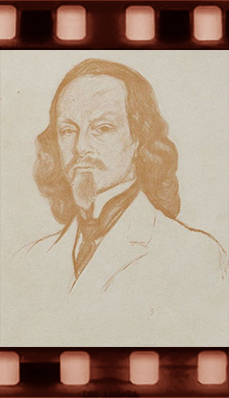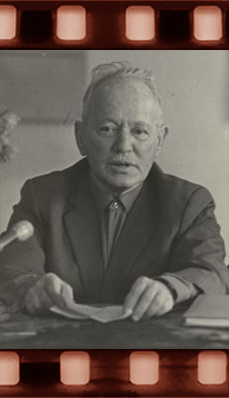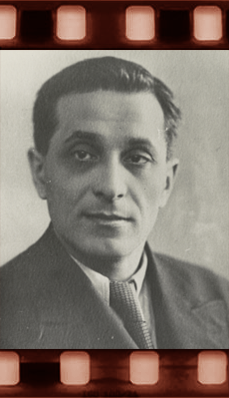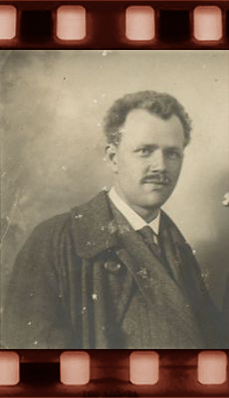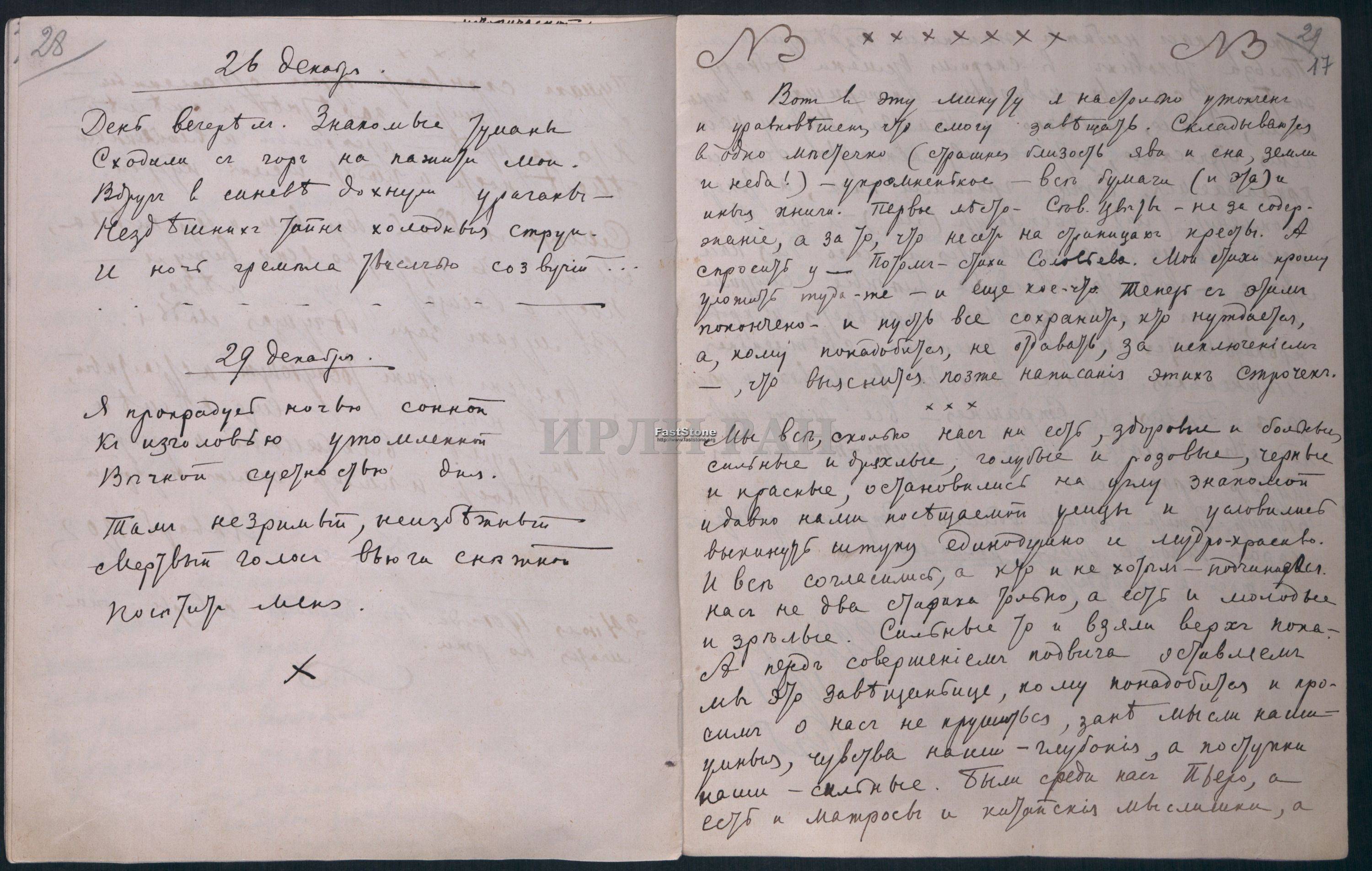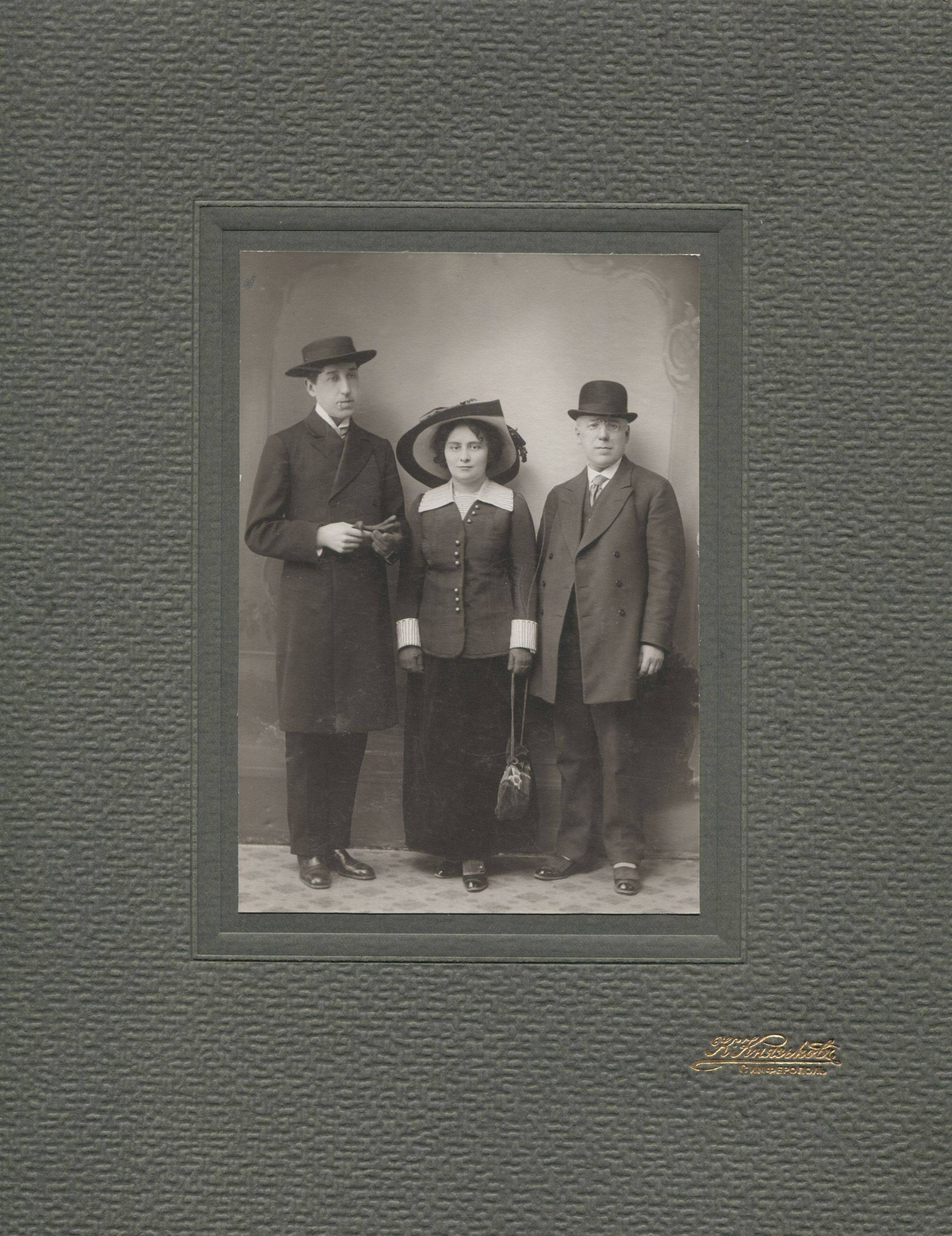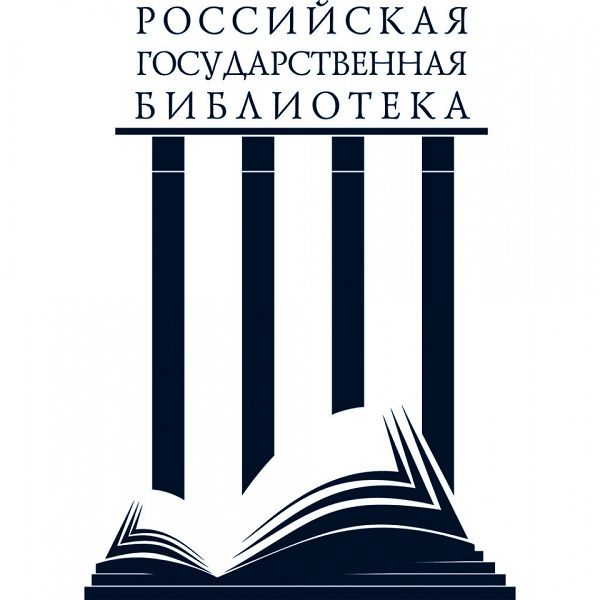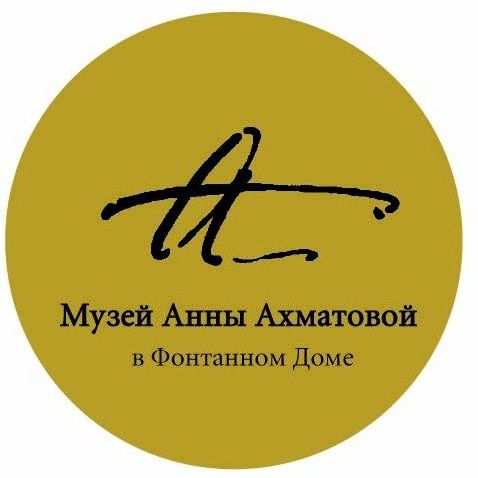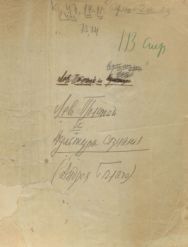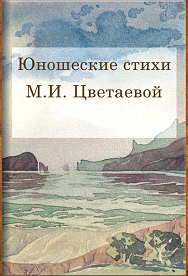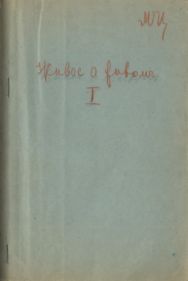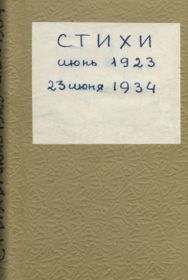About the project
The Silver Age (Serebrianyi vek) of the Russian literature left priceless hand-written heritage, most part of which has not been studied yet. Writers’ archives include all stages of their literary lives – from drafts and clean copies to marginalia in books, newspaper cuts, copybooks and letters. Archive collections are situated in different cities and not infrequently in different countries. As far as Russia is concerned, the biggest storages of manuscripts, such as archives, scientific institutes and libraries, are located in Moscow and Saint-Petersburg. Researchers have to go on academic trips and study not even originals, but microphotocopies of manuscripts in reading rooms.
This problem can be solved through creation of an Internet portal, which will contain all information on sources independently from which collections they are placed in. Digital archives provide researchers with an opportunity to work on a digital copy, which completely reproduces the original, without leaving one’s office, as well as examine the features of handwriting, pen pressure, succession of entries or cases of breach of consistency, i.e. everything that is referred to as “living text”.
This approach has been implemented in the joint project of Russian State Archive of Literature and Art (RGALI) and the Institute of Russian literature (the Pushkin House, IRLI), Russian Academy of Science (RAS). This is the first time when the efforts of an academic institution and a world’s largest storage of documentary legacy of Russian literature of 19 and 20th centuries were united for the sake of creation of an electronic archive.
The portal includes websites dedicated to the poets of the Silver Age – Marina Tsvetaeva, Boris Pasternak, Innokentii Annenskii, Fiodor Sologub and Alexander Blok. Here are situated their manuscripts, workbooks, diaries, correspondence, photographs and portraits, as well as reference information on archive materials, such as inventories, lists and descriptive notes. Apart from digital archives the website will contain scientific works, both classic and contemporary ones. The aim of our project is to create a global research platform for those interested in studying Russian literature of the 19 and 20th centuries. The portal is only starting to get filled with materials. We will be grateful if you leave feedback or share your research to be posted on the website.
We would like to express our gratitude to the employees of RGALI and the Pushkin House for the materials they have granted and the help they have offered for the implementation of the project. We also want to personally thank the director of RGALI Tatiana Mikhailovna Goriaeva, who is the author of the idea of electronic archive which is available for researchers.
Dear colleagues, the portal is intended solely for scientific research. All rights for the materials placed here belong to archive storages that have granted them or authors of scientific works. If you would like to publish these materials or repost the information be so kind to coordinate this with the editorial staff or address directly the organization that has granted them.











